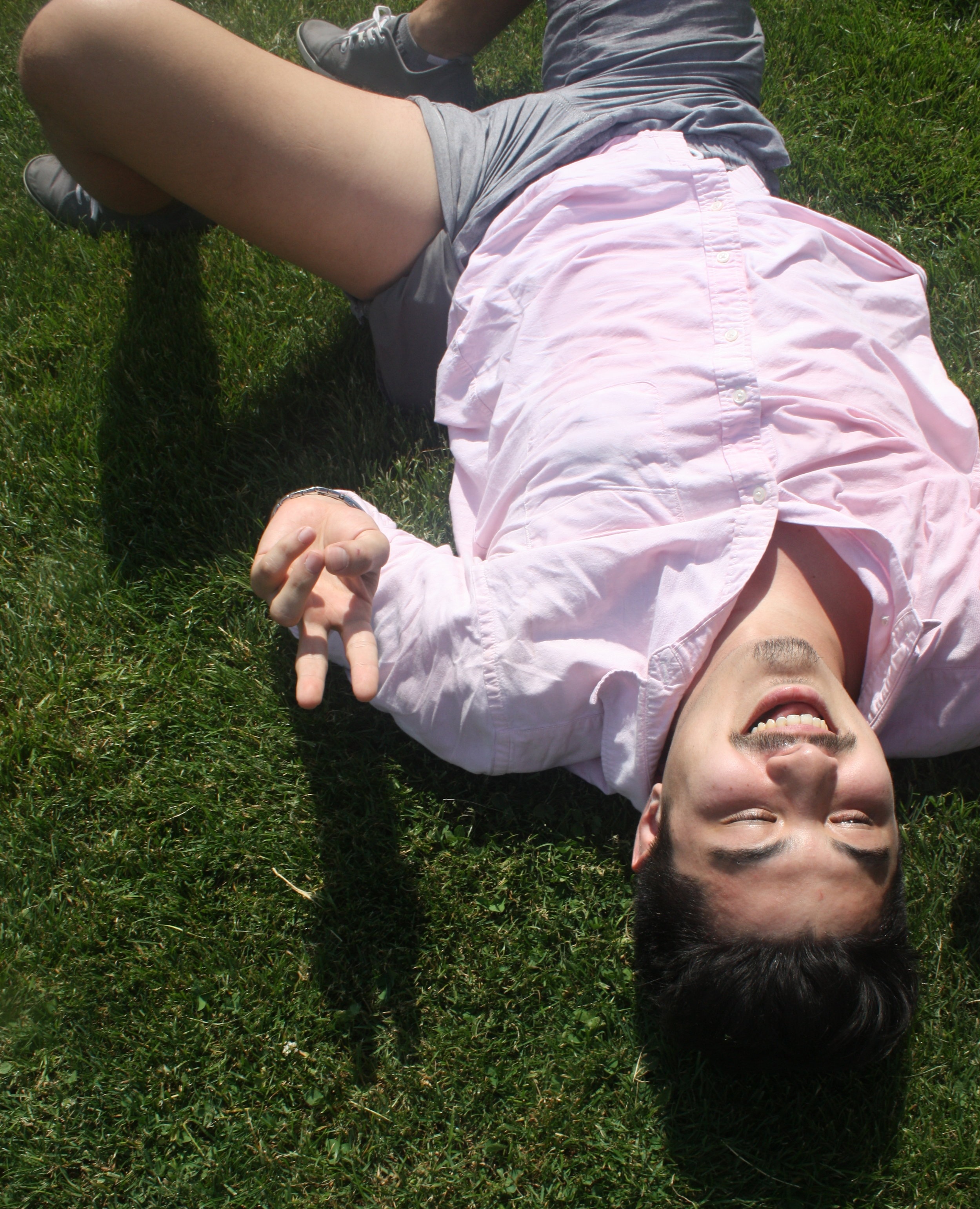Conference
Conference time (9 AM to 1 PM) is protected in that residents are excused from clinical duties to attend each week. There is an optional board review class and simulation sessions prior to conference. Our Wednesdays are protected for both academics and wellness. Residents do not work clinically after conference on Wednesdays, paving the afternoon and evening for a variety of wellness opportunities.
Jan 26 - June 26 Conference Schedule
Rotation Blocks
All rotations are on-site at NYPQ except for trauma**, toxicology***, EMS, and away electives (see footnotes)
PGY-1
The focus is on obtaining a broad knowledge base and procedural skills necessary for Emergency Medicine. During clinical shifts, residents work either on a team with a senior PGY-3 resident plus an attending or directly with an attending. Additionally, there is an emphasis on achieving proficiency at common EM procedures such as intubations, central lines, and bedside ultrasound.
PGY-2
Residents in their second year are expected to work more independently within the ED, as part of a graded increase in responsibility. During clinical shifts, they work alongside an attending where they are responsible for an entire section of the ED or in the “trauma room” where they have primary responsibility for the most critically ill patients in the department. There is an emphasis on increased efficiency and autonomy. Off-service rotations offer comprehensive trauma and critical care experiences.
PGY-3
The goal of the third year is for residents to function as attending physicians within the ED. They continue to work “trauma room” shifts to gain additional exposure to critically ill patients. During clinical shifts, our seniors treat their own patients but also assume a teaching role by supervising junior residents. Many residents utilize the elective month for an international experience, research, or more focused clinic work in areas such as advanced emergency ultrasound, electrophysiology/cardiology, and radiology.
* Each EM block is interspersed with 3-4 pediatric EM shifts (20-22% total EM shifts are pediatric)
** The trauma rotation occurs at Brookdale University Hospital and Medical Center in Brooklyn, NY
*** The toxicology rotation occurs at the New York City Poison Control Center (New York University)

